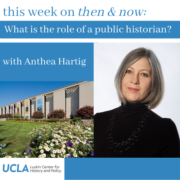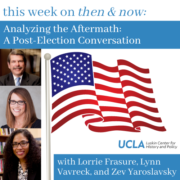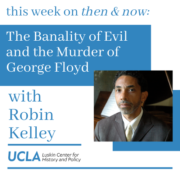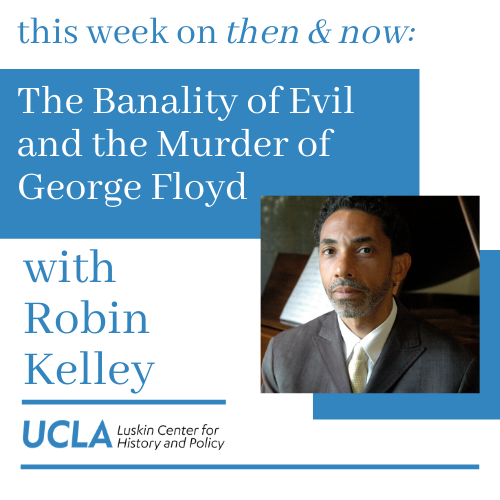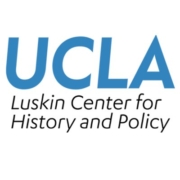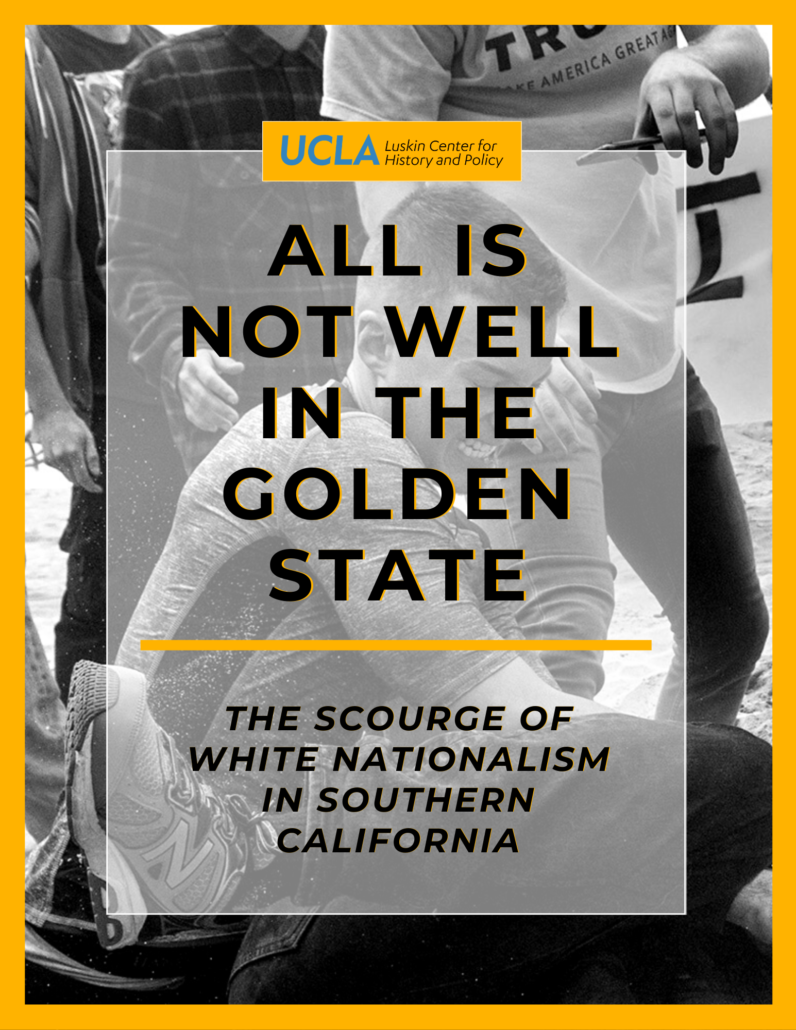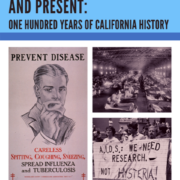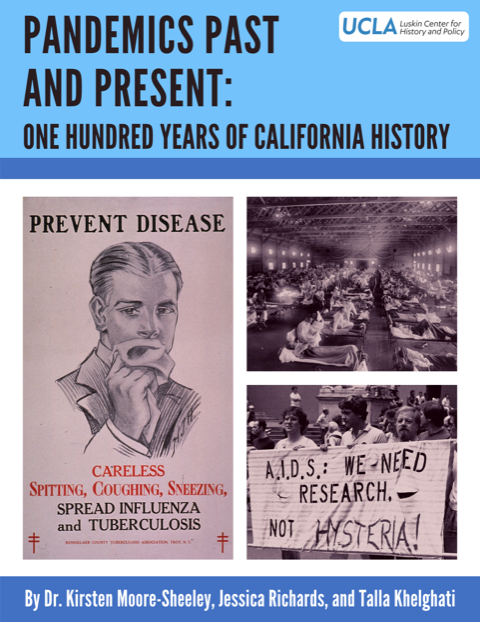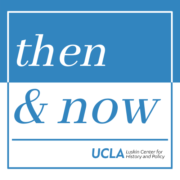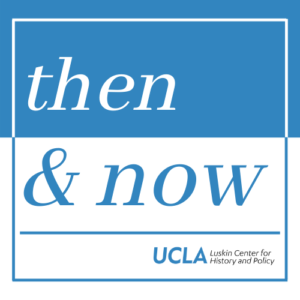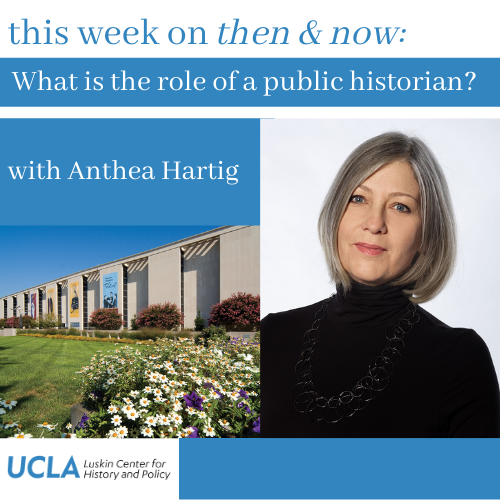
UCLA’s Luskin Center for History and Policy (LCHP) has continued to be a leading voice in connecting past to present. The center’s “Then & Now” podcast has tackled some of the most challenge topics of the day by connecting them to the past. The latest conversation is with UCLA alumna Anthea Hartig. LCHP writes:
“In 2019, Anthea M. Hartig made headlines when she became the first woman director of the Smithsonian Institution’s National Museum of American History in Washington, DC. Since then, she has been a fierce advocate for public history in the nation’s capital. Join us for this President’s Day episode as we learn about how Hartig, a UCLA alumna, fell in love with history, developed a rich and challenging approach to the past, and sees history as a key to navigating the present.”
To hear this informative podcast, click HERE.

